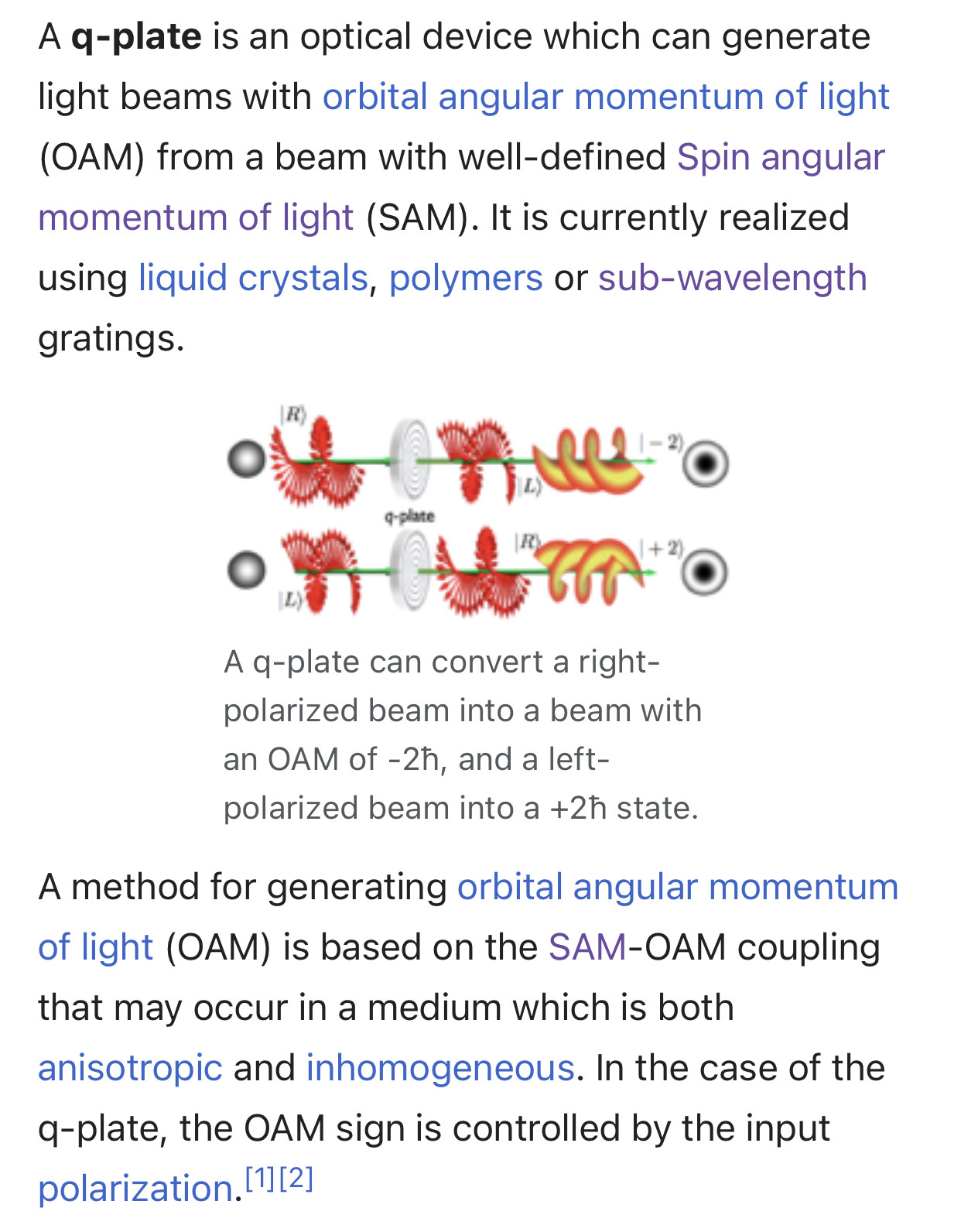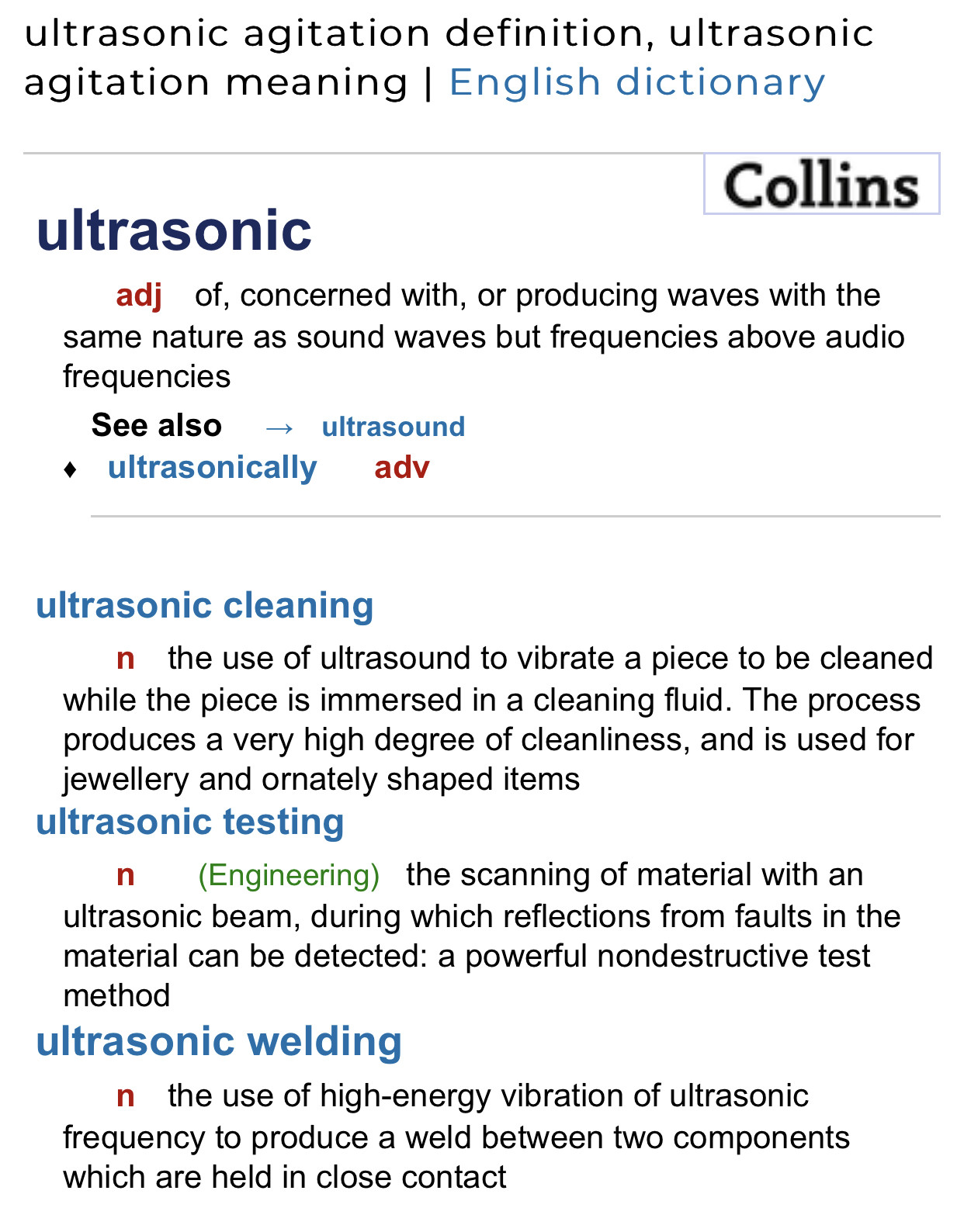Lesson of the day:
denucleate (third-person singular simple present denucleates, present participle denucleating, simple past and past participle denucleated)
To remove the nucleus
defuse (third-person singular simple present defuses, present participle defusing, simple past and past participle defused)
(transitive) To remove the fuse from (a bomb, etc.).
(transitive, figuratively) To make less dangerous, tense, or hostile.
to defuse a hostage situation
(computing, Internet) Any computer attached to a network.
(ecology) A cell or organism which harbors another organism or biological entity, usually a parasite.
Viruses depend on the host that they infect in order to be able to reproduce.
(evolution, genetics) An organism bearing certain genetic material.
The so-called junk DNA is known, so far, to provide no apparent benefit to its host.
(plural mediums, spiritualism) Someone who supposedly conveys information from the spirit world.
From Middle English gost, gast, from Old English gāst (“breath, soul, spirit, ghost, being”), from Proto-West Germanic *gaist, from Proto-Germanic *gaistaz (“ghost, spirit”), from Proto-Indo-European *ǵʰéysd-os, from *ǵʰéysd- (“anger, agitation”). Cognate with Scots ghaist (“ghost”), Saterland Frisian Gäist (“spirit”), West Frisian geast (“spirit”), Dutch geest (“spirit, mind, ghost”), German Geist (“spirit, mind, intellect”), Swedish gast (“ghost”), Sanskrit हेड (héḍa, “anger, hatred”), Persian زشت (zešt, “ugly, hateful, disgusting”).
ghost (countable and uncountable, plural ghosts)
(uncommon or dated) The spirit; the soul of man.
The disembodied soul; the soul or spirit of a deceased person; a spirit appearing after death
Everyone believed that the ghost of an old lady haunted the crypt.
(soul): essence, soul, spirit
(spirit appearing after death): apparition, bogey, haint, phantom, revenant, specter/spectre, spook, wraith.
(faint shadowy semblance): glimmer, glimmering, glimpse, hint, inkling, phantom, spark, suggestion.
(false image in an optical device):
(false image on a television screen): echo
(ghostwriter): ghostwriter
(unresponsive user):
a small flash of light produced by a sudden disruptive electrical discharge through the air.
"there was a spark of light"
spark1
/spɑːk/
verb
gerund or present participle: sparking
1.
emit sparks of fire or electricity.
"the ignition sparks as soon as the gas is turned on"
produce sparks at the point where an electric circuit is interrupted.
2.
ignite.
"the explosion sparked a fire"
provide the stimulus for (an event or process).
"the trial sparked a furious row"
give rise to
cause
lead to
set in motion
occasion
bring about
bring on
begin
start
initiate
precipitate
prompt
trigger (off)
set off
touch off
provoke
incite
stimulate
stir up
From Middle English stiren, sturien, from Old English styrian (“to be in motion, move, agitate, stir, disturb, trouble”), from Proto-Germanic *sturiz (“turmoil, noise, confusion”), related to Proto-West Germanic *staurijan (“to destroy, disturb”). Cognate with Old Norse styrr (“turmoil, noise, confusion”), German stören (“to disturb”), Dutch storen (“to disturb”).
stir (third-person singular simple present stirs, present participle stirring, simple past and past participle stirred)
(transitive) To incite to action
Synonyms: arouse, instigate, prompt, excite; see also Thesaurus:incite
(transitive) To disturb the relative position of the particles of, a liquid of suchlike, by passing something through it
Synonym: agitate
She stirred the pudding with a spoon.
He stirred his coffee so the sugar wouldn't stay at the bottom.
(transitive) To agitate the content of (a container), by passing something through it.
Would you please stir this pot so that the chocolate doesn't burn?
(transitive) To bring into debate; to agitate; to moot.
(transitive, dated) To change the place of in any manner; to move.
(intransitive) To move; to change one’s position.
(intransitive) To be in motion; to be active or bustling; to exert or busy oneself.
(intransitive) To become the object of notice; to be on foot.
(intransitive, poetic) To rise, or be up and about, in the morning.
Synonyms: arise, get up, rouse; see also Thesaurus:wake
stir (countable and uncountable, plural stirs)
The act or result of stirring (moving around the particles of a liquid etc.)
Can you give the soup a little stir?
agitation; tumult; bustle; noise or various movements.
Public disturbance or commotion; tumultuous disorder; seditious uproar.
Agitation of thoughts; conflicting passions.
Sonication is the act of applying sound energy to agitate particles in a sample, for various purposes such as the extraction of multiple compounds from plants, microalgae and seaweeds. Ultrasonic frequencies are usually used, leading to the process also being known as ultrasonication or ultra-sonication.
Project MKUltra was the code name of an illegal human experimentation program designed and undertaken by the U.S. Central Intelligence Agency.
A noninvasive, low-intensity ultrasound method that targets nerve cells, or neurons, can alter brain function to influence decision-making.
New research shows how a brain area called the anterior cingulate cortex controls a type of reasoning known as counterfactual thinking.
brainwave
/ˈbreɪnweɪv/
noun
1.
an electrical impulse in the brain.
"there were systematic changes in brainwaves with sleep"
2.
INFORMAL
a sudden clever idea.
"then he had a brainwave"
move back and forth," Old English wafian "to wave, fluctuate" (related to wæfre "wavering, restless, unstable"), from Proto-Germanic *wab- (source also of Old Norse vafra "to hover about," Middle High German. ... Related: Wobbled; wobbling. The noun is attested from 1690s.
whoa
/wəʊ/
exclamation: whoa; exclamation: woah
1.
used to express surprise, interest, or alarm, or to command attention.
"whoa, that's huge!"
wobbling (plural wobblings)
The motion of something that wobbles.
Love can build a bridge. Looking for individuals to help with construction. Contact your local We are ready centers to join.
Like the moon.
or...
demoon m (plural demonen, diminutive demoontje n)
demon (evil supernatural creature)
bles f (plural blessen, diminutive blesje n)
blaze (light-coloured spot on a horse's face)
Noun
bles
(anatomy) belly; abdomen
Verb
bles
past tense of blåse
lase
/leɪz/
Origin
1960s: back-formation from laser, interpreted as an agent noun.


